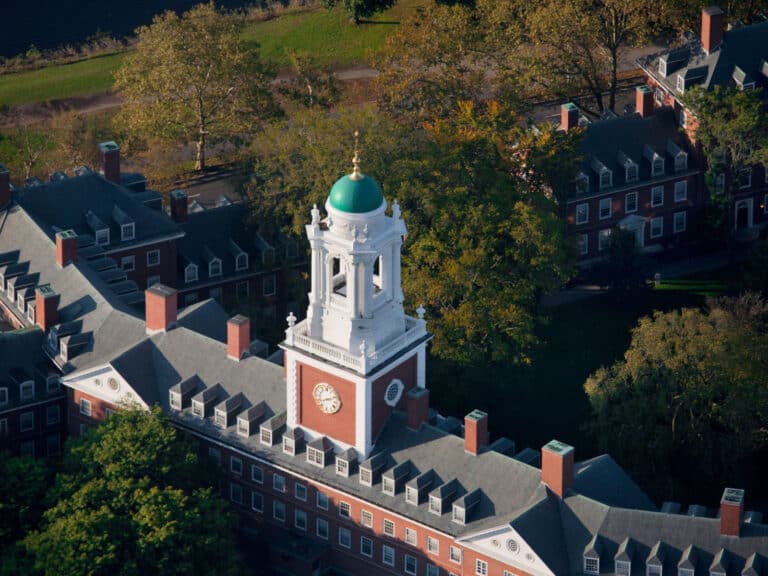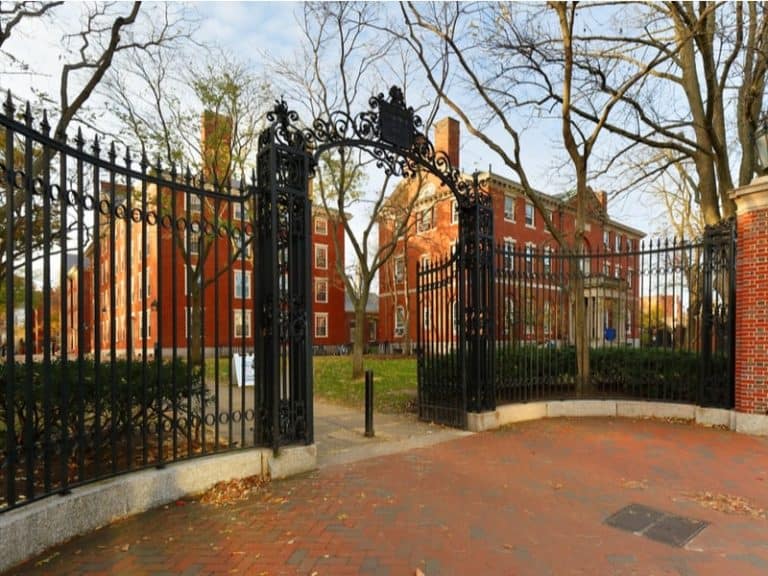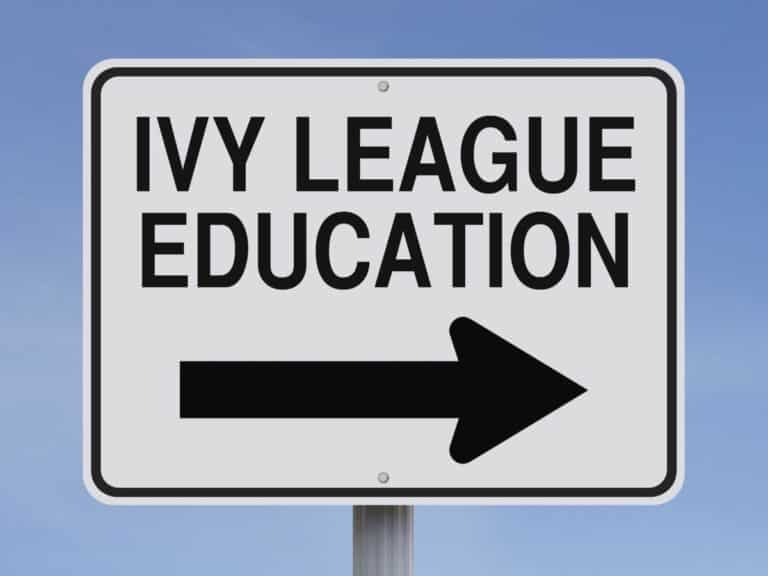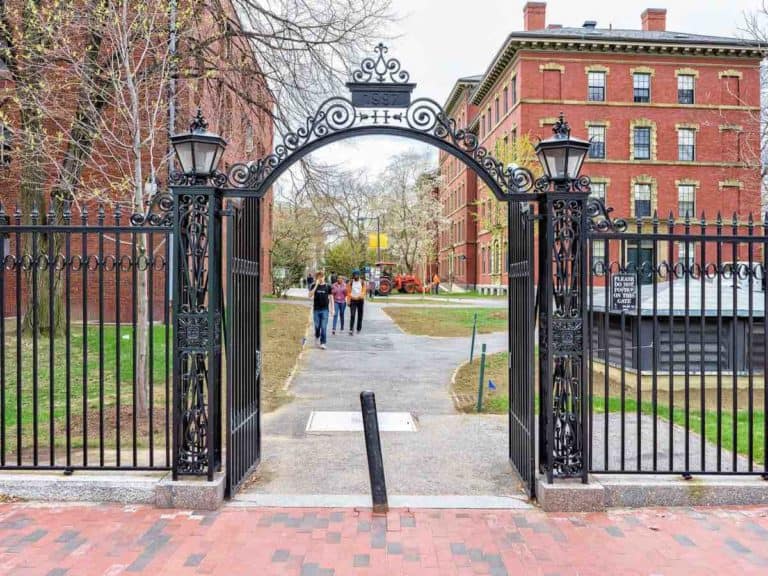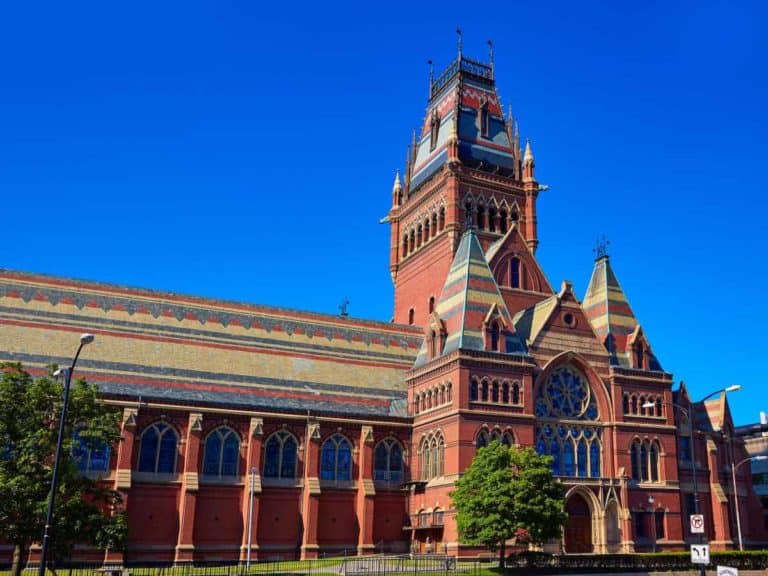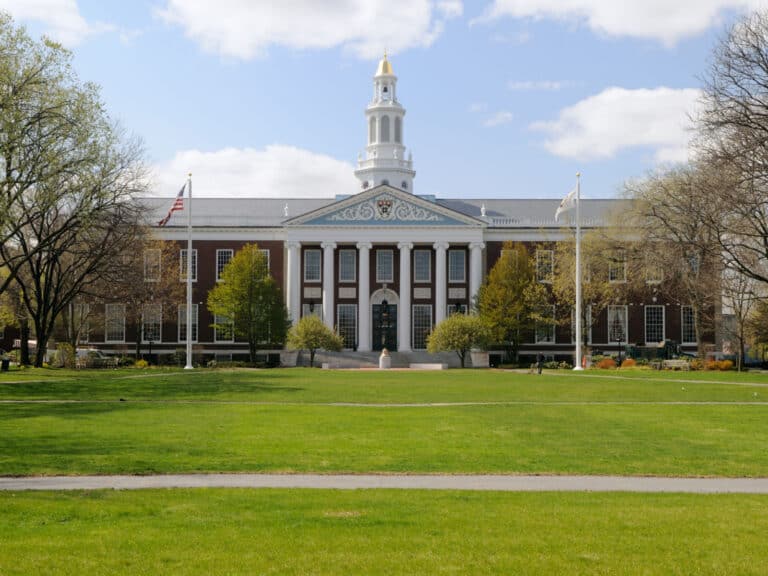Getting Into Harvard With a 3.0 GPA
You know you have what it takes to be a Harvard student — you have a stellar extracurricular activity list, standardized test score, personal essay, and letter of recommendation. However, you have a 3.0 GPA only. Does this mean that you should refrain from sending an application to Harvard, your dream school?
In general, students with a 3.0 GPA still have a chance to get into Harvard, provided that the application can demonstrate that they are what the university is looking for exactly. In some instances, hooks, such as being an athlete, allow applicants to get admitted into Harvard, even with a low GPA.
If you think you should kiss your dream of becoming a Harvard student goodbye because your GPA is low, think again. Did you know that some applicants with a stellar 4.0 GPA still get rejected by Harvard?
That’s because there are many other things that the school’s admissions officers look for when judging applicants, not just the GPA. Besides standardized test scores, personal essays and recommendation letters, hooks, which we will discuss in this article, are also taken into consideration — so don’t stop reading now.
But before that, let’s talk about this matter…
The Basics of Harvard Admission
Before anything else, let’s take a quick look at the fundamentals of gaining admission into Harvard.
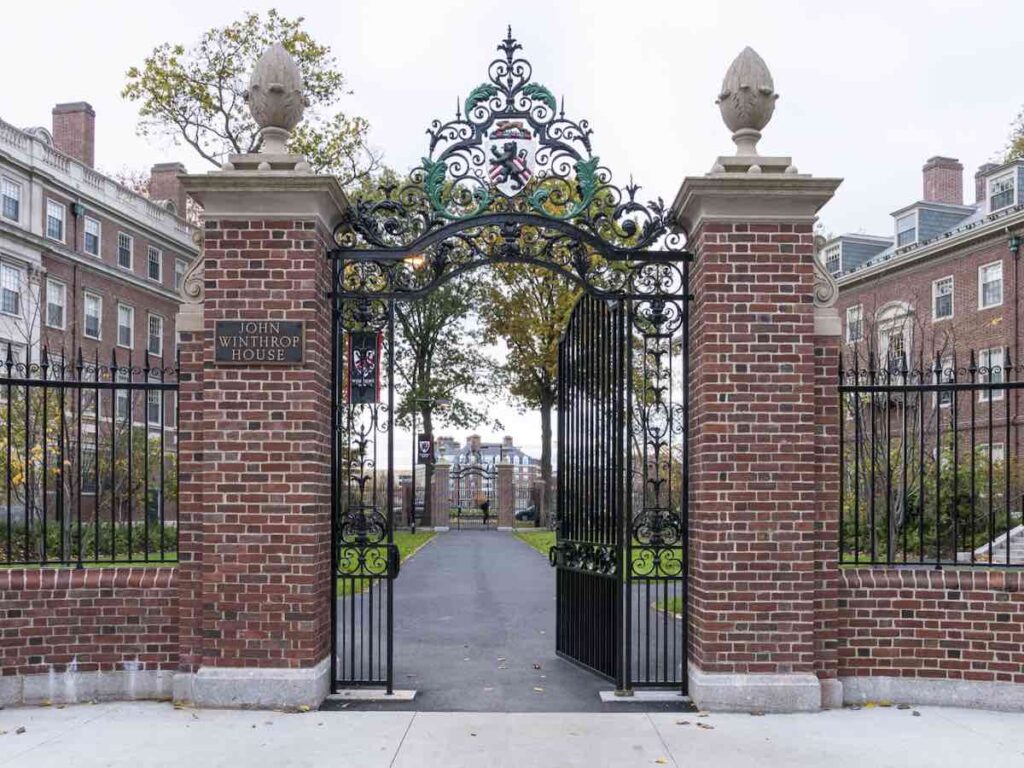
Students who have been dreaming about getting their college degrees from Harvard ever since they graduated from middle school or even before they entered middle school know that they will have to submit things when applying to Harvard. Let’s take a quick look at these basics:
GPA
Having a solid academic background is almost necessary for a senior high school student’s application to be taken into account by Harvard’s admissions officers.
Generally speaking, the average GPA of students welcomed by Harvard into its campus is 3.9 unweighted and 4.15 unweighted. With most colleges and universities in the US accepting an unweighted 3.0 GPA, it’s quite evident that Harvard wants above-average students.
But, as always, there are exceptions to the rule. It’s possible for Harvard to accept a student with a 3.0 GPA but with a compelling story. Similarly, it’s possible for Harvard to reject a student with a 4.0 GPA but with qualities that do not impress the Ivy League’s admissions officers.
As a matter of fact, as much as 12% of accepted students at Harvard have a 3.0 GPA, at least.
Standardized test scores
Everyone knows that Harvard is a highly selective institution. This means that the Ivy League school has a preference for applicants with high SAT and ACT scores.
Although it’s true that the average SAT scores Harvard accepts range from 1460 to 1580, applicants whose SAT scores are closer to the ceiling are preferred by Harvard.
The same is true when it comes to ACT scores — the school accepts ACT scores ranging from 33 to 35, but it prefers a score that’s closer to 36, the perfect ACT score.
But keep in mind that, these days, Harvard is a test-optional school.
This means that applicants do not have to submit their SAT or ACT scores. As a matter of fact, in early 2021, Harvard announced that it would continue to be a test-optional school for one more academic year due to the ongoing COVID-19 pandemic.
So, in other words, it currently doesn’t matter to Harvard what your standardized test scores are.
This may change at any time, however.
Application
Filling out and submitting the application form is one of the most important steps for students who would like to go to Harvard. It can be done through the Common Application (Common App), Coalition Application (Coalition App) or Universal College Application (UCA) — Harvard does not prefer any one of them.
There are many things that you will need to provide in the application form. However, the highlight is the section where you talk about extracurricular activities.
According to an interview with the then Dean of Admissions at Harvard, William R. Fitzsimmons, the admissions officers scrutinize application forms for extracurricular distinction and personal qualities.
They also check out the strength of character, ability to exercise sound judgment, and intellectual imagination of applicants.
Up to ten extracurricular activities can be included in the application form. However, you do not have to fill all ten blank spaces. It’s a good idea for you to focus on those you’re really involved with or passionate about.
When it comes to providing a list of extracurricular activities, quality is more important than quantity.

Essay
Your application form can only say so much about you. The things that make you shine can be divulged in your personal essay. Needless to say, your essay provides you with the opportunity to tell Harvard’s admissions officers why they should pick you over other applicants dying to attend Harvard.
Ensure that your personal essay, which is in response to one of the many essay prompts the Common App, Coalition App or UCA provides, is teeming with things about you that you cannot include or expound on in your application form.
It’s also a definite must that you write the application essay using your authentic voice.
Try to keep your personal essay between 500 to 550 words and less than 650 words — it will seem incomplete if you make it too short, and it will be hard or time-consuming to read if you make it too long.
Besides a personal essay, you may also submit a supplemental essay that’s completely optional.
Recommendation letters
It’s true that your personal essay and supplemental essay can say so much about you, including things that the admissions officers won’t be able to find on your application form.
But Harvard’s admissions officers want to get to know you so much better, which is why they also require applicants to submit recommendation letters.
When applying to the Ivy League school, you will have to submit two letters of recommendation. One is from your high school counselor. The other is from your teacher — any teacher of your preference.
Due to this, it’s a smart move to choose a teacher who knows you very well and will say a lot of positive things about you.
Most likely, you have no choice which counselor should write your letter of recommendation since most high schools have only one counselor. However, it’s a different matter with teachers, so choose wisely.
In some instances, the person you will approach may ask you to draft your letter of recommendation.
Just before we proceed to the next topic…
According to Harvard’s admissions officers themselves, there is no such thing as a typical Harvard student.
Every applicant is provided with enough attention for them to know whether or not he or she would make for a wonderful addition to the campus. Generally speaking, they want someone who will inspire others during and beyond college.
Here are some of the things that the school’s admissions officers look for:
- Growth and potential. It’s important that you have done a lot in high school. However, it’s also a must that you can do more in college and after getting your college degree, too. So, when applying to Harvard, consider showing the admissions officers that you have an idea of what you would like to be in the future.
- Interests and activities. Your interests and activities speak volumes about you. Besides the things that you are interested in and pursuits you partake in, the school’s admissions officers will also check out whether or not you have fully taken advantage of opportunities made available to you.
- Personal character. Just because you’re smart doesn’t necessarily mean that you are what Harvard’s admissions officers are looking for. Before they accept or reject you, they will try to figure out many things associated with your personal character, such as maturity, energy, self-confidence, leadership, and concern for others.
- Potential contribution. Before the admissions officers decide your fate, they will determine whether or not you will be able to contribute to your future college classmates and alma mater, too. In addition, they will decide if you will benefit from going to Harvard or more from attending another school.
It’s not just your GPA that matters when applying to Harvard — many other things can impact your application status. It’s because of this why you may have a 3.0 GPA and still get admitted into Harvard, or you may have a 4.0 GPA and still be kept from going to the elite US school.
And this brings us to another important matter that every student who would like to go to Harvard but their GPA of 3.0 is causing them to have doubts: a hook.
If you have a hook (there are several different hooks), you can have peace of mind that you have increased chances of becoming a Harvard student.
Read on to get to know a hook more and learn how it could be your ticket to earning a college degree from Harvard, even if your GPA is not high enough in the eyes of the school’s admissions officers.
All About Hooks in College Admissions
When it comes to getting admission into a college or university, especially one that’s elite or highly selective, having high grades and being an exceptional student, as discussed above, are equally important.
In some instances, a solid academic background can help a student who cannot impress enough with his or her personal essay or extracurricular activities get accepted. Likewise, an applicant who’s not the brightest can be accepted due to having distinctive traits, qualities, or experiences.
There is one more thing that admissions officers, including the ones that decide which applicants get to go to Harvard and which ones get to attend another school, consider in the admissions process, and it’s called a hook.
With a hook, an applicant with a 3.0 GPA or less-than-stellar application form can go from uninspiring to traffic-stopping!
Basically, a hook is anything — a trait, characteristic, talent, etc. — that an applicant possesses to give him or her an extra advantage in the admissions process.
Most of the time, it’s something that the college or university is looking for or needs.
A hook can come in two different forms:
- Inherent. Put simply, an inherent hook is something that you are born with. Having this hook can get you accepted to Harvard without exerting any effort. While some applicants will use their inherent hook to their full advantage, others will try to get it out of the picture to gain admission into Harvard on merit alone.
- Self-developed. As the name suggests, a self-developed hook is a form of hook that you need to work hard for. It can be any talent or skill that you have developed and can make the heads of college admissions officers turn toward your direction because they are impressed by it, or it’s an institutional need.
Let’s now take a look at the various college admissions hooks:
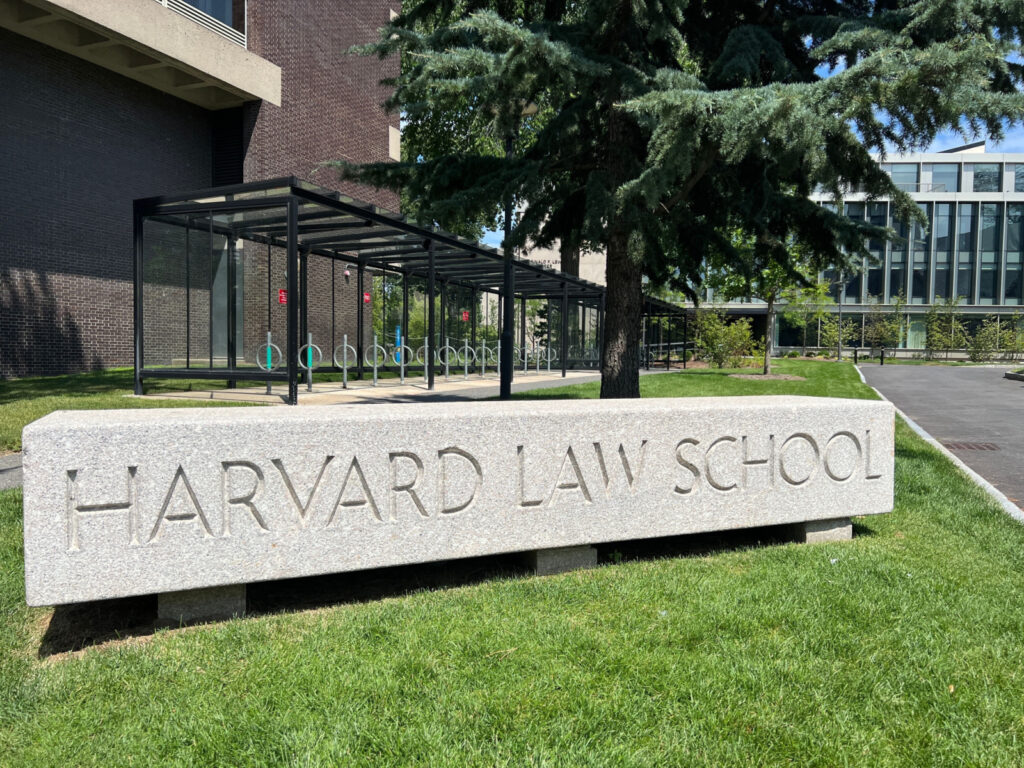
Alumni connections
In some instances, it’s not a great GPA or SAT score that can get you admitted into an Ivy League school. Suppose one or both of your parents are Harvard graduates.
In that case, there is a huge possibility for you to become a Harvard graduate, too, in the future just by being a legacy student — someone who has a close family member who attended Harvard.
According to a Harvard University study itself, legacy student applicants enjoyed a point increase in their probability of admission into an Ivy League school by up to a staggering 23.3%.
If you are a primary legacy student, which means that your mother or father, or both, graduated from the Ivy League school you are applying to, the same research said that you have a 50/50 chance of gaining admission into the elite school of your liking — the increase in the percentage of probability of admission jumps from 23.3% to 45.1%.
Did a grandparent or sibling of yours go to the Ivy League of your dreams?
No worries! That’s because being a secondary legacy student provides you with a 13.7% increase in the probability of admission to a top-notch school.
Athletics
Can you score multiple three points in a game of basketball effortlessly each time?
Then you could be admitted into Harvard trouble-free even with a GPA of 3.0 only, thanks to your superior basketball skills that Ivy League basketball coaches are constantly on the hunt for — admissions and athletics are practically interwoven at Ivy League schools.
As a proof, to date, there are four NBA players who once played for the Harvard Crimson:
- Ed Smith
- Saul Mariaschin
- Wyndol Gray
- Jeremy Lin
Among all the US colleges and universities, Harvard has the most number of athletic teams — 42. This means that there are lots of athletic spots to fill.
As a matter of fact, up to 20% of admitted students at Harvard are athletes.
However, in 2019, at least 53 people have been charged for their involvement in a conspiracy dubbed as Operation Varsity Blues wherein college officials were bribed to influence admissions decisions at numerous elite universities in the US, including Harvard and a bunch of Ivy League schools.
One of the allegations involved bribing coaches to label applicants as athletic recruits, even though they didn’t know how to play any sport.
Ethnicity
Harvard is a diverse school, with a white undergraduate population of 37.1% only.
When applying to Harvard, you will be asked to describe yourself as a member of one or more ethnic groups, from American Indian, Alaskan Native, Latin American, Pacific Islander to multiracial.
Like numerous other elite schools in the US, Harvard is aggressively recruiting students coming from underrepresented minorities. What’s more, there are great financial aid opportunities available for them. Unfortunately, unlike before, Harvard no longer releases acceptance rates by racial and ethnic groups.
In 2020, however, Harvard was charged with discrimination against Asian-American applicants.
It’s because of this why the Ivy League school was pressured to reveal its admission criteria and process used for judging applicants, and this showed that recommendation ratings, academic scores, and personal ratings are the most important ones.
Family investment
Sometimes, a lack of natural gifts can be compensated with generous financial gifts from an applicant’s parents.
As a matter of fact, the discrimination charge against Asian-American applicants that Harvard received, the one we talked about earlier, uncovered that the school’s admissions process favors applicants related to generous donors.
For instance, Jared Kushner, who served as a senior advisor to the 45th president of the US, Donald Trump, gained admission into Harvard despite having a run-of-the-mill academic record.
Refrain from assuming that just because your parents can afford to donate a huge sum of money, you can get admitted into the Ivy League school, even if you have a terrible GPA and SAT scores.
Harvard is the wealthiest school on the face of the planet — your parents will have to donate an astounding amount of money for the admissions officers to favor your application over someone else’s.
Still, no matter how wealthy your family is, it’s unlikely for Harvard to consider you if your application is far from being on the “almost admit” pile.
Faculty kids
The acceptance rate at Harvard is anywhere from 4% to 5% only.
But the children of Harvard faculty have an acceptance rate of 47%.
If a parent of yours is an educator at Harvard, then you have an almost 50/50 chance of getting admitted into the Ivy League — it’s that easy to go to Harvard for being a faculty child.
Per academic school year, about 20 children of faculty members apply to Harvard.
Popularity
A lot of people think that stars are just pretty faces. Believe it or not, many of them are beauty and brains, too, as evidenced by listings of celebrities that attended Harvard you can easily find on the internet.
Some of the most well-known TV and movie personalities that went to the school include:
- Conan O’Brien
- Rashida Jones
- Tommy Lee Jones
- Natalie Portman
- Dean Norris
- Tyra Banks
- Colin Jost
- John Lithgow
In 1992, actor, screenwriter and producer Matt Damon dropped out of Harvard while trying to earn a degree in English. Despite this, in 2013, he was invited back to the school to receive the Harvard Arts Medal for his impressive contribution to arts via the media industry.
Being popular can definitely make you easily noticeable, including to Harvard’s admissions officers.
However, besides being famous, you will still need to be smart to be admitted into the Ivy League school. Or you can do something so remarkable while working in the entertainment industry to go to Harvard with a 3.0 GPA.
Takeaway
When it comes to applying to Harvard, a high GPA is not everything.
It’s true that a solid academic performance can help increase your chances of getting admitted into the Ivy League school. But Harvard is looking for well-rounded students who can positively impact the school, their classmates, and the community after getting their college degrees.
This means that being an intelligent student is not enough. However, because of various positive traits and the so-called hooks, it’s possible to go to Harvard even with a 3.0 GPA.
Related Article: How Many People Get Into Harvard?
Disclaimer: The views and opinions expressed in this article are those of the authors and do not necessarily represent those of the College Reality Check.
